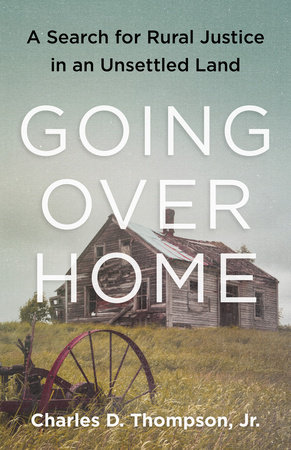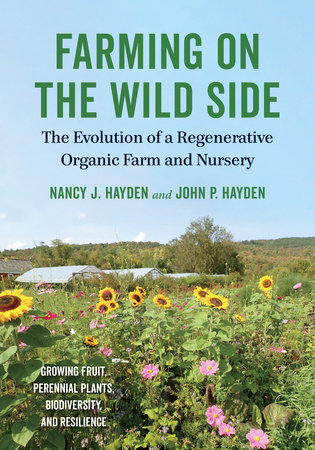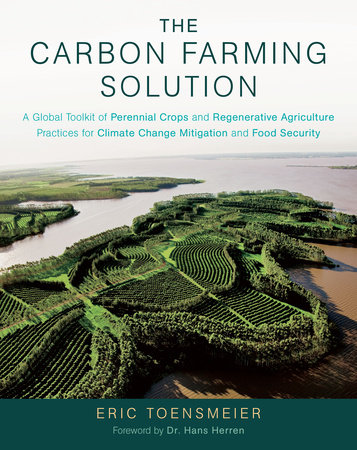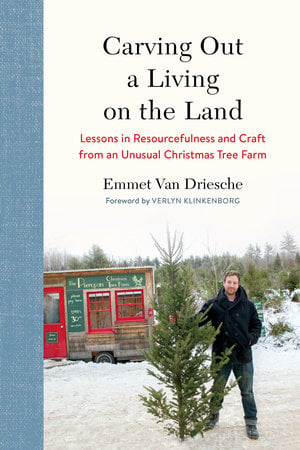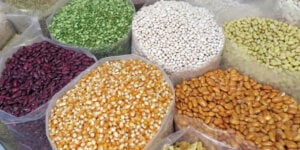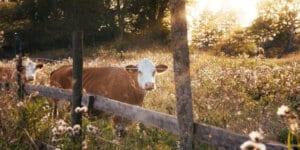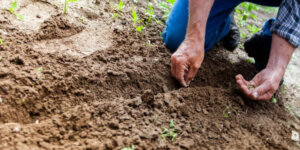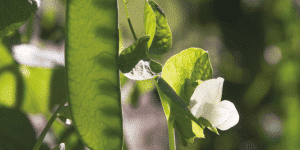A Search for Rural Justice
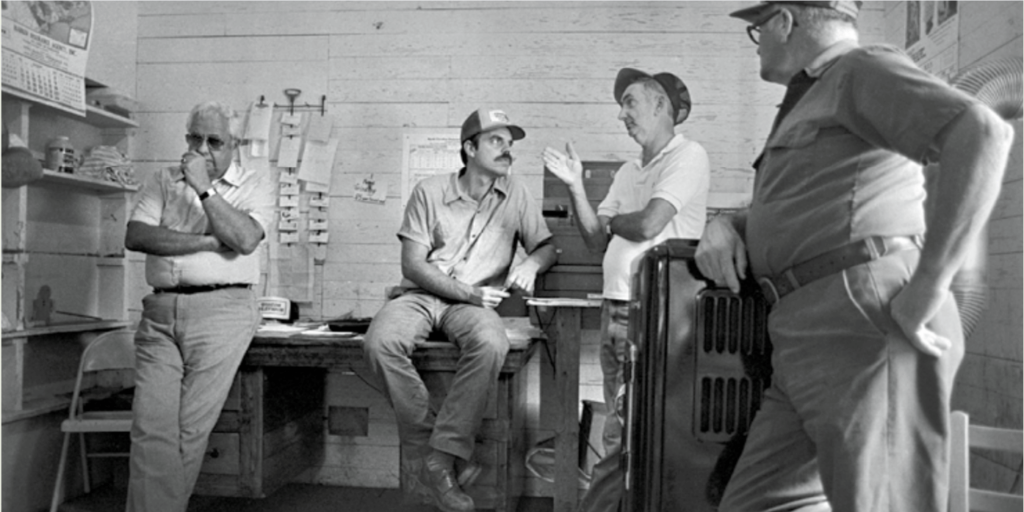
Charles D. Thompson, Jr., is the Professor of the Practice of Cultural Anthropology and Documentary Studies at Duke University. His numerous books and documentaries have helped bring underrepresented rural issues in the United States and Latin America to the forefront. When Chelsea Green sat down with him to discuss his latest book, Going Over Home: A Search for Rural Justice in an Unsettled Land, one interview question turned into a history lesson about the economic and sociopolitical drivers of agricultural insecurity and rural injustice stretching back to the days of Thoreau. Charlie’s book—and his response below—expose a deep history of racism and wealth inequality still felt in rural communities today.
The following is an excerpt from an interview with Charles D Thompson, Jr. from the Winter 2019 Seasonal Journal. It has been adapted for the web.
We founded this country to be governed by “We the People.”
That looked good on paper, but of course we know that Jefferson didn’t really mean everybody. What we’ve had since 1776 is a grand experiment in making a representative democracy work. Today, we hear a lot about “economic democracy.” In the 1930s, that discussion was prominent because we’d just experienced a major Depression. Roosevelt saw this as an opportunity to democratize the economy. The Department of Agriculture came about during that time, as did new efforts to give people access to land—including African American, Native American, and Latino sharecroppers who had never had access to owning part of this country.
The ’30s also saw what we know now as the Agricultural Adjustment Act, which gave subsidies to the largest farmers. Enter agribusiness. By the ’60s, we had huge farms run by machinery and agrochemicals. That’s when Rachel Carson started to say, “Now, wait a minute!” A decade later, Earl Butz was saying, “Get big or get out.”
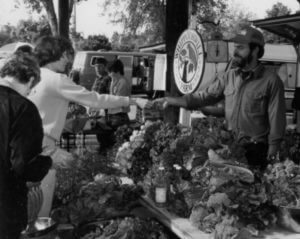
That sparked a movement that resulted in Farm Aid and a huge class action lawsuit on behalf of black farmers in the 1980s. I was the guy who took the hotline call from Tim Pickford who said he was having racism and loan problems. Tim goes on to be the main plaintiff against the Department of Ag, but even after winning the supreme court case, tens of thousands of black farmers who’d lost their land weren’t able to collect on their loans because of systematic racism.
This contradiction of saying we believe in one thing but practice another is the heart of our problem. We haven’t dealt with the original sin of American slavery. We haven’t dealt with the displacement of indigenous peoples. So the exploitation continues. We elect a president that talks about people from across the border being rapists and murderers when we’re using them to harvest our food. We’re living a lie. Thoreau said, “If the injustice is part of the necessary friction of the machine of government, let it go, let it go…but! if it…requires you to be the agent of injustice to another, then I say, break the law.” [Charlie’s emphasis]
Who is “We”, and what is it we must do in order to build democracy? We have to know when it’s our time to listen. We the People of Privilege have to be quiet. How do you get out of the way and not give people voice—they already have voices—but help people have an audience? How do we, as activists, stand in solidarity with people who’ve been suppressed without speaking for them? That’s the big challenge.
Recommended Reads
Recent Articles
Tips for Seed Saving · You either have dry seeds or wet seeds. Proper drying & storing is essential so they can germinate months (or even years) down the road.
Read MoreWhen you have a family Cow, you have it all. The cow is the most productive, efficient creature on earth. She will give you fresh milk, cream, butter, and cheese, build human health and happiness, and even turn a profit for homesteaders and small farmers who seek to offer her bounty to the local market or neighborhood.
Read MoreBeekeeping has surged in popularity as more people set up backyard hives. Embrace the buzz and transform your backyard into a thriving haven for bees!
Read MoreWhen you save seeds, you become a plant breeder! Take control of your seeds and grow the best traditional and regional varieties and even develop your own.
Read MoreSave seeds, save the future! Embracing the tradition of saving seeds is a powerful practice for both home gardeners and seasoned horticulturists alike. Take control of your garden’s destiny – start saving seeds today!
Read More

